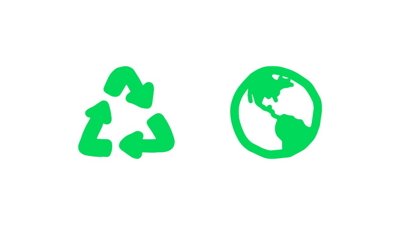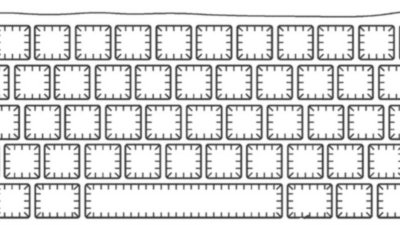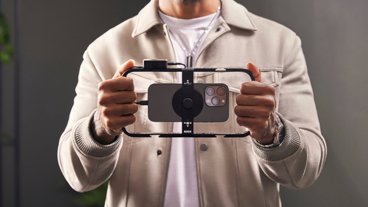EU may require Apple to give competitors access to Apple Pay tech
Apple may have to open up its contactless payment technology at the core of Apple Pay to competitors if the European Union rules that Apple's restrictions unfairly hurt competitors.
The new laws would prevent mobile device manufacturers from barring access to a device's near-field communications (NFC) chip. These chips are commonly embedded in smartphones, like the iPhone, but also both the iPad and Apple Watch.
In October, the EU began asking payment companies for feedback on Apple Pay as part of an antitrust investigation. Competitors, such as banks and alternative payment methods, have argued that Apple Pay makes alternative payment services less attractive.
"In parallel with its ongoing and future competition enforcement, the Commission will examine whether it is appropriate to propose legislation aimed at securing a right of access under fair, reasonable and non-discriminatory conditions, to technical infrastructures considered necessary to support the provision of payment services," the EU says in a document seen by Bloomberg.
Apple has argued that limiting access to the NFC chip provides tighter security, especially when handling sensitive banking data. Apple also says that this is one of the reasons consumers choose Apple Pay in the first place.
The EU addressed the concerns in its document, stating that it would take account of potential security risks and would outline criteria for whom and under what conditions access to the NFC chip could be granted.
Apple's restriction of its NFC chip has long been hotly debated, both domestically and abroad. When Apple Pay launched in Australia in 2015, a block of major banks sought approval to collectively boycott Apple Pay for a chance to negotiate the installation of third-party software on iPhone hardware.
The banks caved and began to integrate Apple's solution after the Australian Competition and Consumer Commission denied their boycott request in 2017.
 Amber Neely
Amber Neely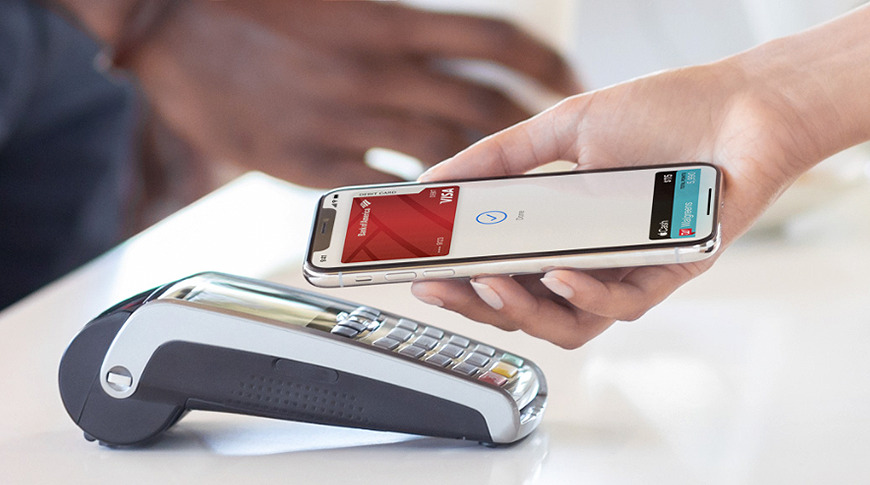


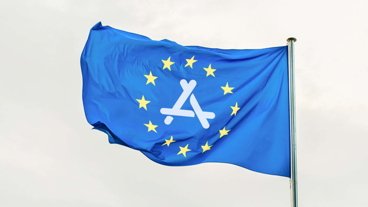
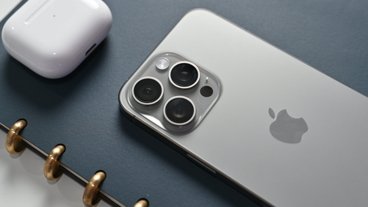
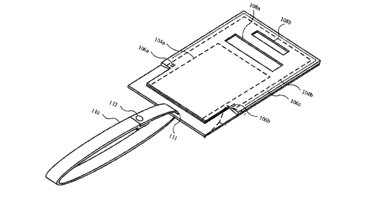






 Malcolm Owen
Malcolm Owen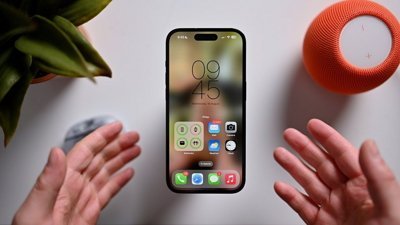
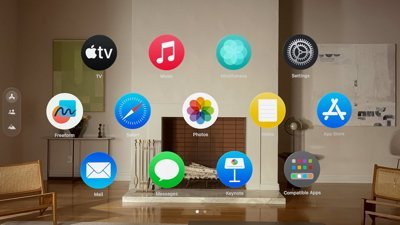
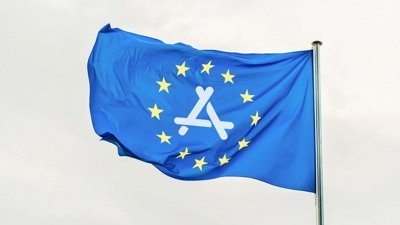
 William Gallagher
William Gallagher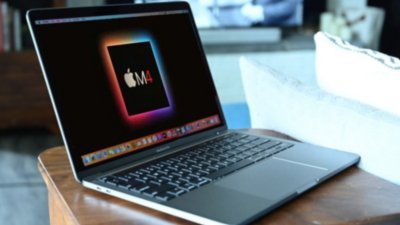
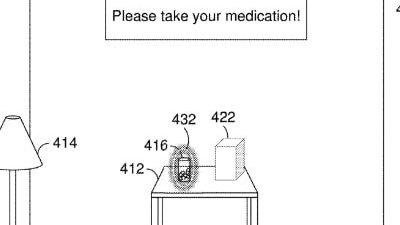
 David Schloss
David Schloss